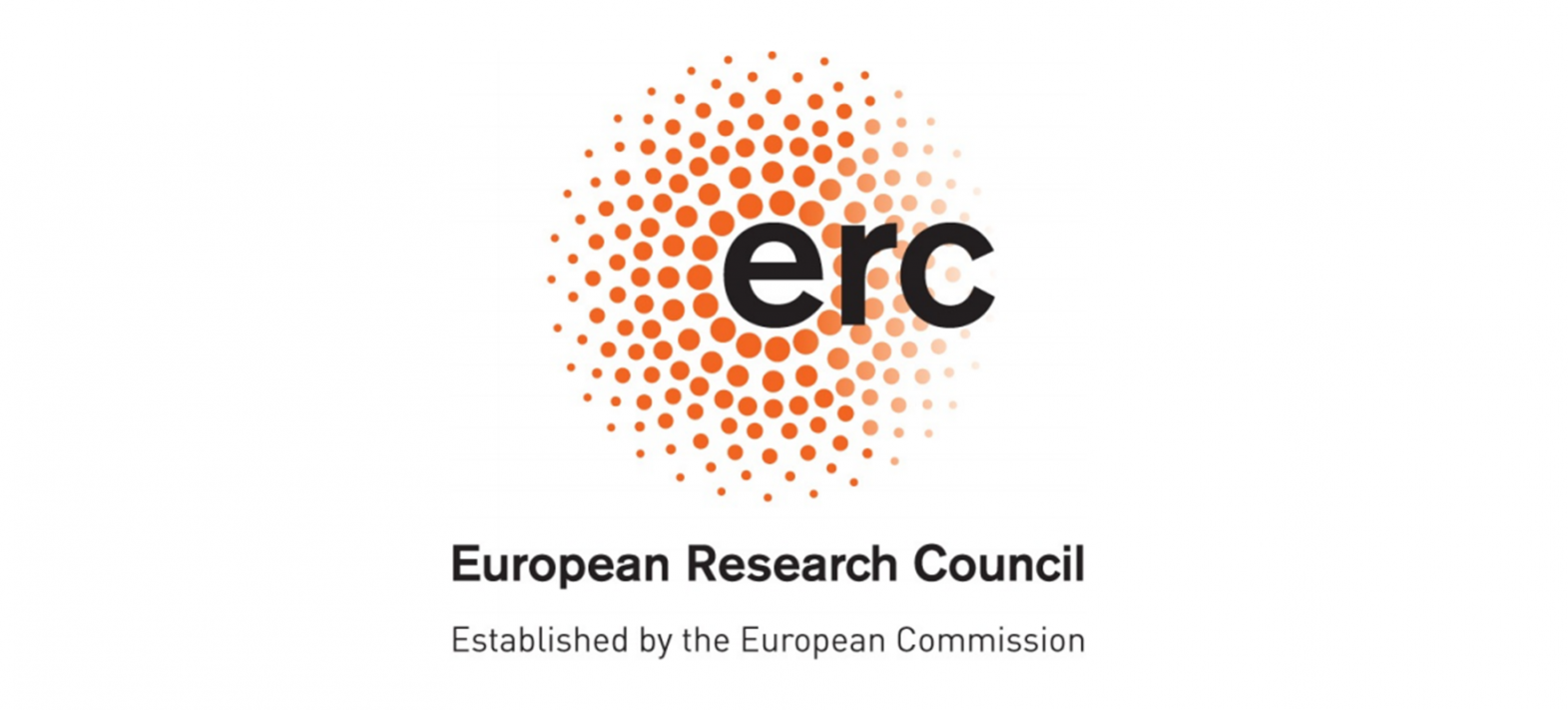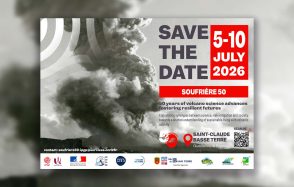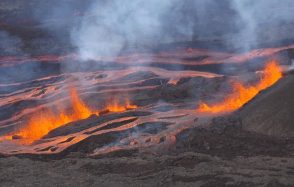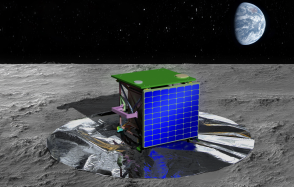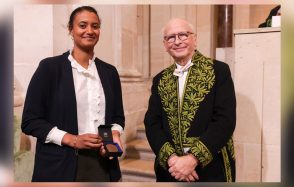Three ERC advanced grants awarded to the IPGP: new advances in cosmochemistry and planetary sciences
The Institut de physique du globe de Paris (IPGP) has just been awarded three advanced grants from the European Research Council (ERC) for projects led by Philippe Lognonné, Razvan Caracas, and Marc Chaussidon. These projects aim to deepen our understanding of the Moon’s interior, Earth’s early atmosphere, and the first solids formed in the solar system. The awarding of these prestigious grants highlights the quality and innovation of the research conducted by our teams.
